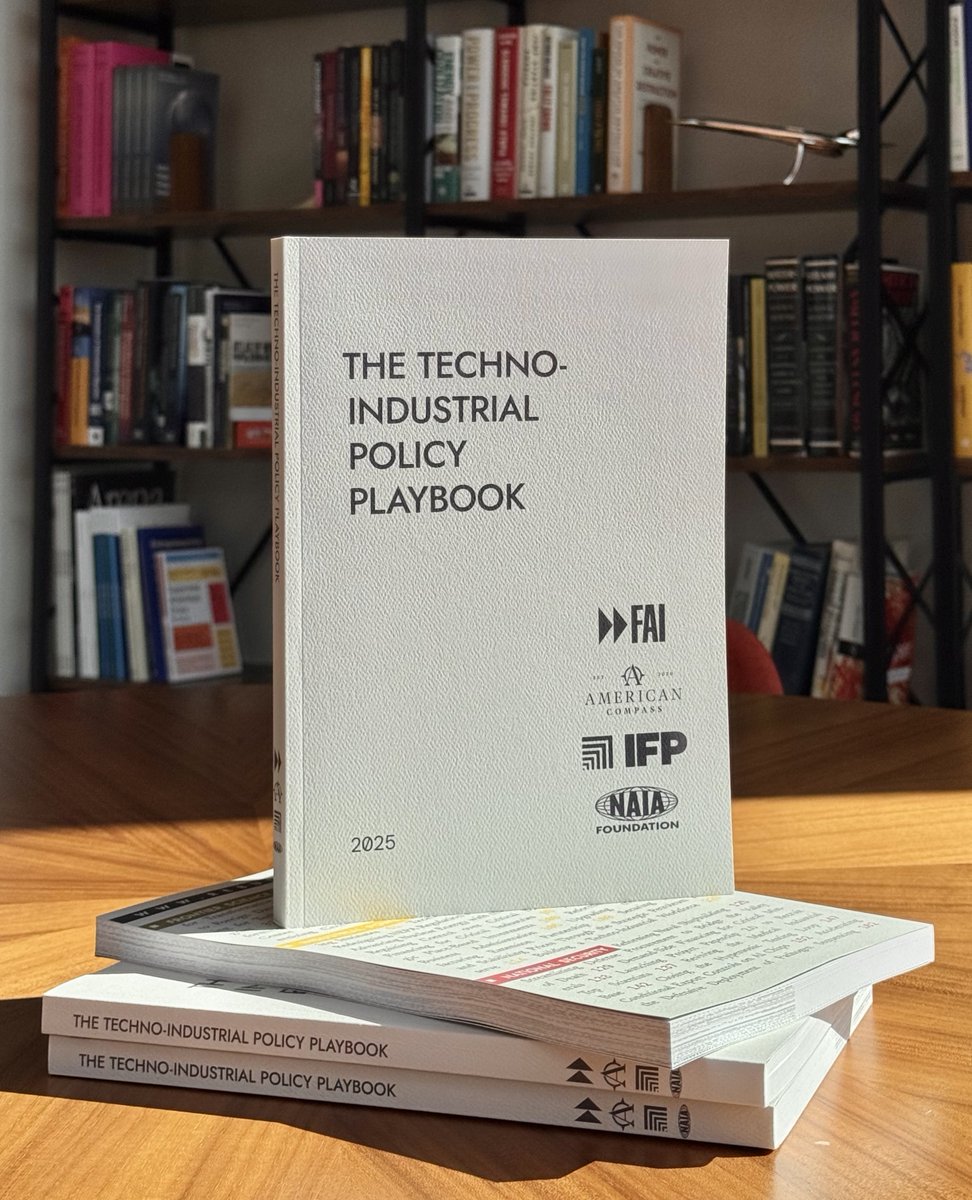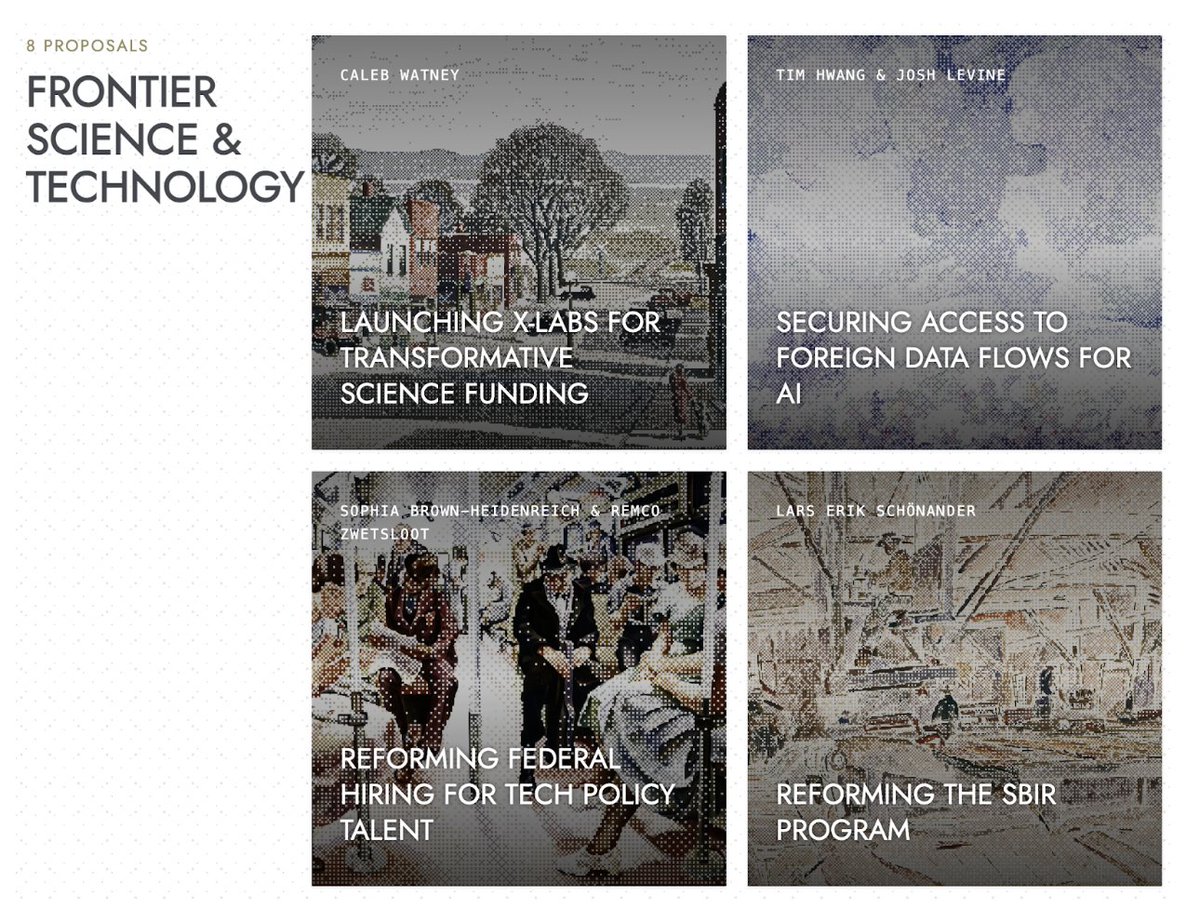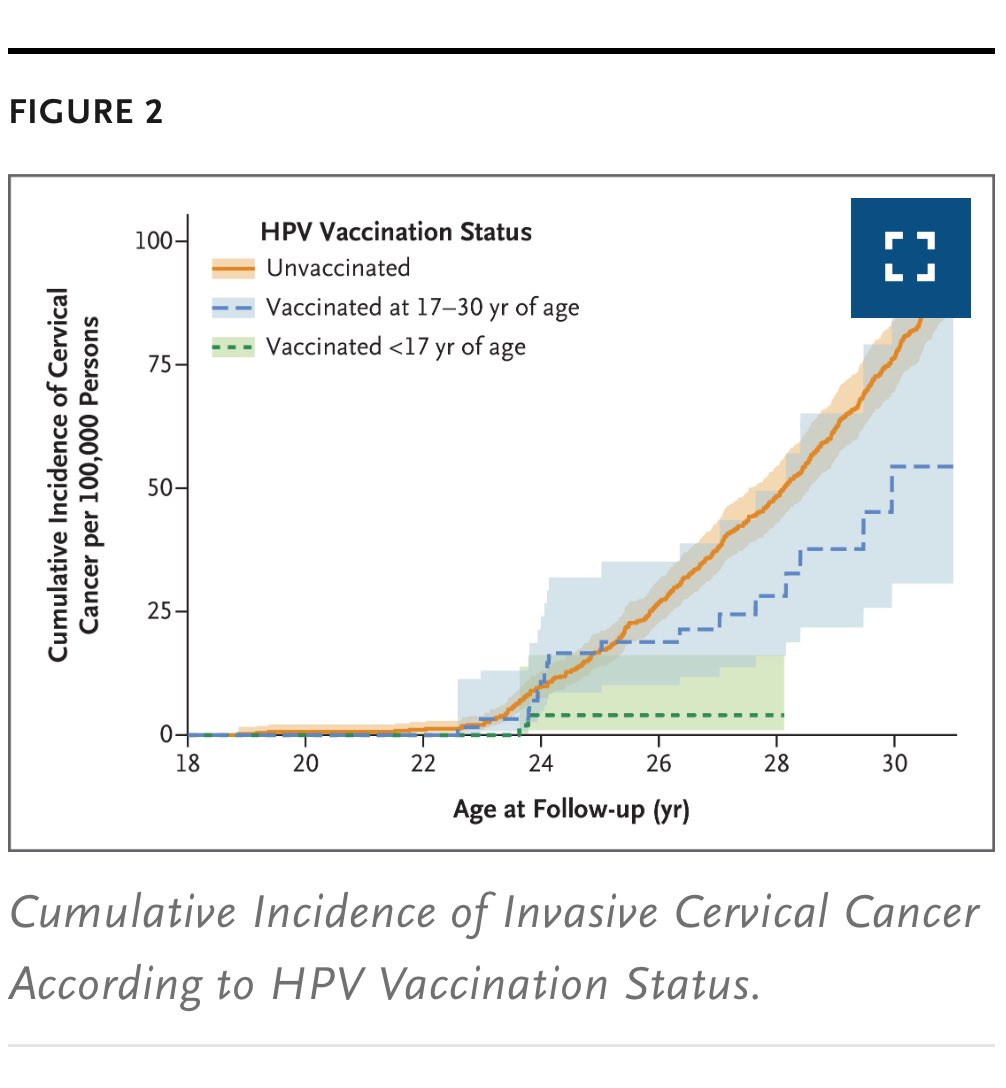President Biden is signing a major executive order this afternoon that includes 72 initiatives to increase competition across the economy.
The bulk of the EO is appropriately focused on the lack of competition in labor markets, healthcare markets & agricultural markets.
Thread:
The bulk of the EO is appropriately focused on the lack of competition in labor markets, healthcare markets & agricultural markets.
Thread:

The best part of the EO is the stuff on labor markets.
Banning/limiting non-competes and unnecessary occupational licensing will increase worker power.
Making it easier for workers to switch jobs and pursue economic opportunity will increase wages.
Banning/limiting non-competes and unnecessary occupational licensing will increase worker power.
Making it easier for workers to switch jobs and pursue economic opportunity will increase wages.

Healthcare markets are arguably the most broken markets in our economy and are in dire need of more competition.
Encouraging the FTC to ban "pay for delay" is an obvious win.
Highly recommend @MartinSGaynor's paper on how to increase competition: brookings.edu/wp-content/upl…
Encouraging the FTC to ban "pay for delay" is an obvious win.
Highly recommend @MartinSGaynor's paper on how to increase competition: brookings.edu/wp-content/upl…

Speaking of obvious wins: why can't you buy hearing aids over the counter?
The average pair of hearing aids costs more than $5,000!
So only 14% of Americans with hearing loss use them.
This EO fixes that!
Recommend this post from Matthew Stoller: mattstoller.substack.com/p/biden-vs-the…
The average pair of hearing aids costs more than $5,000!
So only 14% of Americans with hearing loss use them.
This EO fixes that!
Recommend this post from Matthew Stoller: mattstoller.substack.com/p/biden-vs-the…

If healthcare is the most broken market in our economy, then hospitals are probably the most broken sub-market.
We've seen massive consolidation in the hospital sector (just look at this map).
Prices have gone way up, and post-merger we don't see evidence of quality increases.


We've seen massive consolidation in the hospital sector (just look at this map).
Prices have gone way up, and post-merger we don't see evidence of quality increases.



The EO does three things to attack this problem:
1. Directs DOJ and FTC to update their merger guidelines to protect hospital patients
2. Directs HHS to support hospital price transparency rules
3. Encourages Congress to pass legislation on surprise hospital billing
All good!
1. Directs DOJ and FTC to update their merger guidelines to protect hospital patients
2. Directs HHS to support hospital price transparency rules
3. Encourages Congress to pass legislation on surprise hospital billing
All good!

Speaking of price transparency, that's one laudable thread that runs throughout the EO.
New rules on price/fee transparency across a wide variety of sectors (health insurance, internet services, airlines, etc.) will make it easier for consumers to comparison shop & save money.


New rules on price/fee transparency across a wide variety of sectors (health insurance, internet services, airlines, etc.) will make it easier for consumers to comparison shop & save money.



Lastly, let's talk about banking.
Seems obvious that consumers should be able to download their banking data and take it with them.
Would make it easier for fintech to compete with legacy banks.
Dodd-Frank already allows this, but CFPB needs to issue rules to cement this right
Seems obvious that consumers should be able to download their banking data and take it with them.
Would make it easier for fintech to compete with legacy banks.
Dodd-Frank already allows this, but CFPB needs to issue rules to cement this right

Even though this pushes agencies in the right direction on competition, executive orders are constitutionally limited in what they can achieve & can be undone.
Congress should follow up with legislation on many of these items (especially non-competes & occupational licensing).
Congress should follow up with legislation on many of these items (especially non-competes & occupational licensing).
Here's a piece I wrote last year calling for more scrutiny of competition issues in healthcare and agricultural.
Glad to see the EO prioritize these areas.
promarket.org/2020/10/28/tec…
Glad to see the EO prioritize these areas.
promarket.org/2020/10/28/tec…
Ramsi Woodcock argues the EO is much more about price regulation & consumer protection than competition policy.
Highly recommend reading his perspective:
zephyranth.pw/2021/07/10/the…


Highly recommend reading his perspective:
zephyranth.pw/2021/07/10/the…



• • •
Missing some Tweet in this thread? You can try to
force a refresh




















